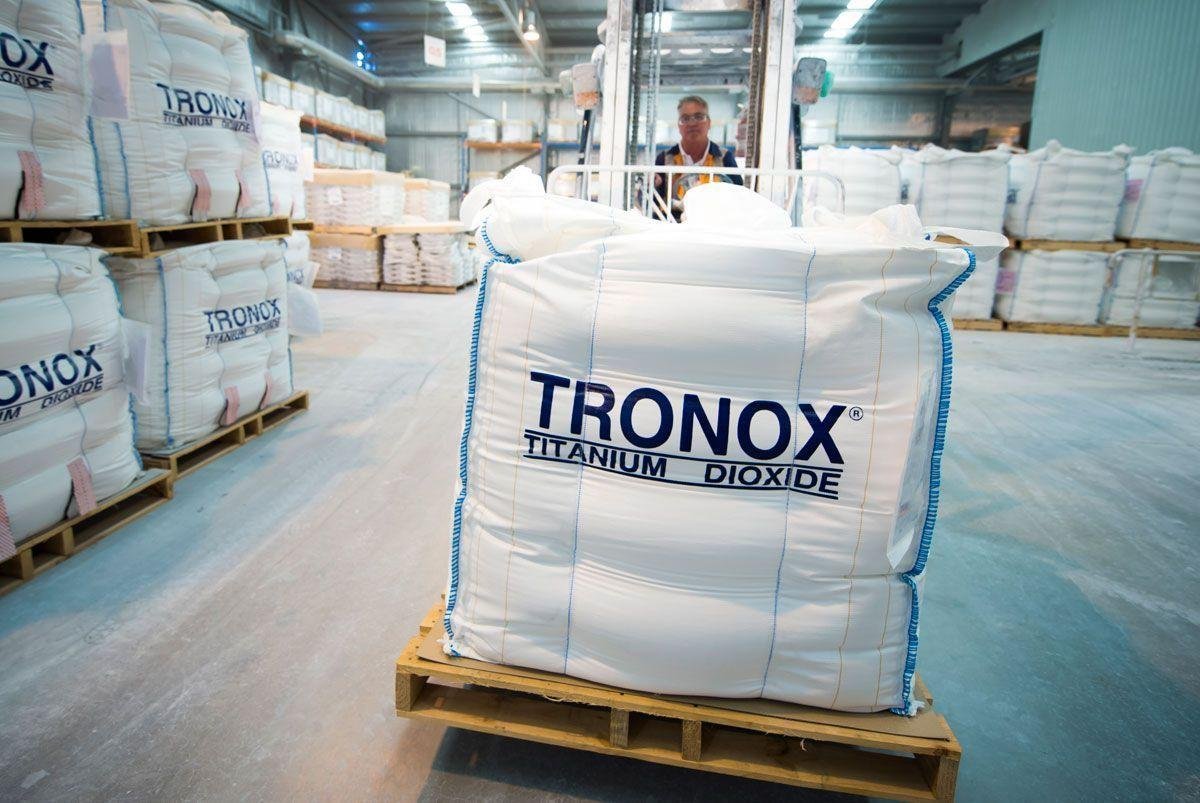Since the European Union officially imposed anti-dumping duties on Chinese titanium dioxide (TiO₂) imports in January 2025, the European coatings industry has undergone a transition from initial disruption to gradual adaptation. Recently, Coatings World China observed that through in-depth interviews with five representative European coatings companies—Flügger, Meffert Farbwerke, Śnieżka, Teknos, and Vitex—the European Coatings Journal revealed a clear trend: “limited short-term impact, accelerated long-term adjustments.”
Limited Short-Term Operational Impact, with Notable Divergence
In the short term, the operational impact of the anti-dumping duties on the European coatings sector varies significantly among companies.
Armodios Yannidis, CEO of Vitex Group, noted that Chinese suppliers have exited price competition in the European market. However, due to sluggish demand, supply remains sufficient. He predicted that prices would rise once demand picks up, and estimated that titanium dioxide prices could have dropped by 30% without the tariffs.
Piotr Mikrut, CEO of Śnieżka Group, stated that since the company mainly sources raw materials from within Europe, it has not experienced any significant operational disruption—only a slight increase in TiO₂ prices. The group is strengthening communication with its partners to mitigate potential risks.
Strategic Adjustments Quietly Underway
In response to the new trade landscape, some companies have started to implement strategic adjustments.
Vitex has increased its safety stock of titanium dioxide and is pushing for supply chain diversification, prioritizing local sourcing. According to Yannidis, the company is shifting from a “just-in-time” model to a “just-in-case” inventory strategy.
Paula Salastie, CEO of Teknos, reported a noticeable increase in customer inquiries in Europe about the impact of the tariffs. Meanwhile, Chinese and Asian clients have already begun proactively relocating production. This shift has prompted the company to reassess its manufacturing footprint, warehousing network, procurement strategy, and HR policies. Salastie expressed particular concern over the closure of European TiO₂ production facilities, warning that it could lead to shortages of specialty grades and limited supplier options.
Long-Term Concerns Emerging
In the long term, industry leaders hold differing views on the impact of the anti-dumping duties.
Salastie warned that the tariffs could result in increased trade barriers, breakdowns in collaboration models, raw material shortages, a decline in European innovation capabilities, and the offshoring of manufacturing—ultimately undermining the European economy. She called for closer cooperation with policymakers to preserve the competitiveness and sustainability of the EU coatings industry.
In contrast, Klaus Meffert, CEO of Meffert Farbwerke, and Sune Schnack, CEO of Flügger, believe the impact is limited. Meffert said his company had not taken any specific countermeasures. Schnack noted that Flügger, as a premium brand mainly using EU-produced, TMP-free TiO₂, has not been affected. However, he expressed hope that the tariffs would help raise price levels in the low-end market segment.
A Diverse Range of Industry Responses
This study reveals a diverse set of responses from the European coatings industry to the EU’s anti-dumping duties on titanium dioxide. Some companies are facing operational challenges and have launched strategic adjustments, while others report minimal immediate impact. These differences are largely driven by variations in supply chain structure and market positioning.
There is a general consensus across the industry that supply chain diversification, forward-looking planning, and close cooperation with policymakers will be key to managing the evolving trade environment. As the policy continues to unfold, its full impact will gradually emerge, and corporate strategies will continue to evolve accordingly.
Translated by ETIO2.COM
Source: Coatings World China.




